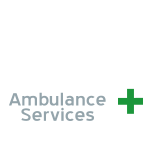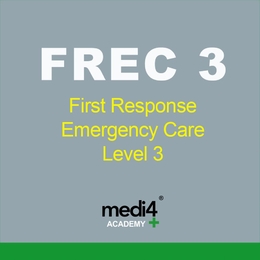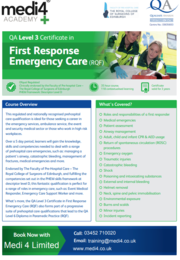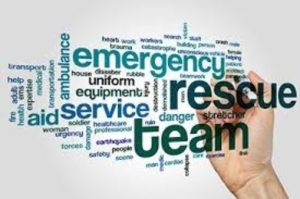First Response Emergency Care Level 3 External Candidates
This regulated and nationally recognised prehospital care qualification is ideal for those seeking a career in the emergency services, ambulance service, the event and security medical sector or those who work in high risk workplaces.
Over a 5 day period, learners will gain the knowledge, skills and competencies needed to deal with a range of prehospital care emergencies, such as: managing a patient’s airway, catastrophic bleeding, management of fractures, medical emergencies and more
Endorsed by The Faculty of Pre-Hospital Care – The Royal College of Surgeons of Edinburgh, and fulfilling the competencies set out in the PHEM skills framework at descriptor level D, this fantastic qualification is perfect for a range of roles in emergency care, such as: Event Medical Responder, Emergency Care Support Worker and more.
What’s more, the QA Level 3 Certificate in First Response Emergency Care (RQF) also forms part of a progressive suite of prehospital care qualifications that lead to the QA Level 6 Diploma in Paramedic Practice (RQF).
FREC 3 Course Content
Simply click an option of interest below to expand the accordion and view a breakdown of areas covered. If you have any questions then please get in touch and a member of the team will be happy to help.
Roles and Responsibilities of Pre Hospital Care Providers
- Casualty assessment
- Airway management
- FREC provider role
- Universal precautions
- Emergency care equipment
- Patient/Treatment documentation
- Consent
Incident assessment and control
- Dynamic risk assessment
- Initial management of the scene
Casualty assessment:
- Primary Survey
ABC - Levels of consciousness
- Secondary Survey
- ABCDE approach
Catastrophic Bleeding
- Direct/Indirect Pressure
- Trauma dressing
- Tourniquet use
- Haemostatic agent/dressing
Airway management
- Airway anatomy
- Airway management methodologies Dynamic Airway assessment
- Head tilt-chin-lift
- Jaw thrust
- Postural drainage
- Altered Airway anatomy management Oro-pharyngeal airway Naso-pharyngeal airway
- Manual suction device
- Choking
Cardio Pulmonary Resuscitation (CPR)
- Adult CPR
- Child CPR
- Infant CPR
- CPR adaptions
- Casualty handover
- Automated External Defibrillation
- When resuscitation should not be attempted
Medical Gases
- Emergency Oxygen
- Pocket Mask/Bag Valve Mask
- Non-re-breather mask
Trauma
- Universal precautions/Infection control
- Medical Shock
- External bleeding
- Embedded object
- Internal bleeding
- Minor injuries
- Eye injuries
- Burns
- Poisons
Trauma (Muscular-Skeletal)
- Head injuries
- Spinal injuries
- Helmet removal
- Cervical collar
- Pelvic immobilisation Fractures
- Sprains & Strains Dislocations
- Crush injuries
- Manual in line stabilisation
Trauma (thoracic)
- Closed chest injuries
- Open chest injury
- Positional asphyxia
Medical conditions
- Anaphylaxis
- Adrenaline Auto-injector
- Asthma
- Hyperventilation
- Heart Attack
- Angina
- Stroke
- Diabetes
- Seizures
- Meningitis
Environmental
- Hypothermia
- Hyperthermia
- Sun stroke
- Dehydration
- Exhaustion
- Food poisoning
Human body
- Hypoxia
- Respiratory system
- Circulatory system
Course Specification And Download
Get In Touch For More Info
Should there no available places remaining on the dates listed then please get in touch with us directly for our team to place you on the next date available.
